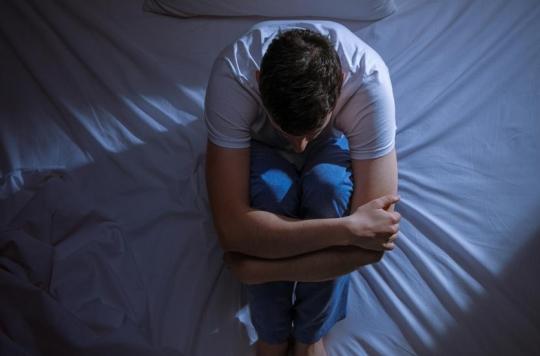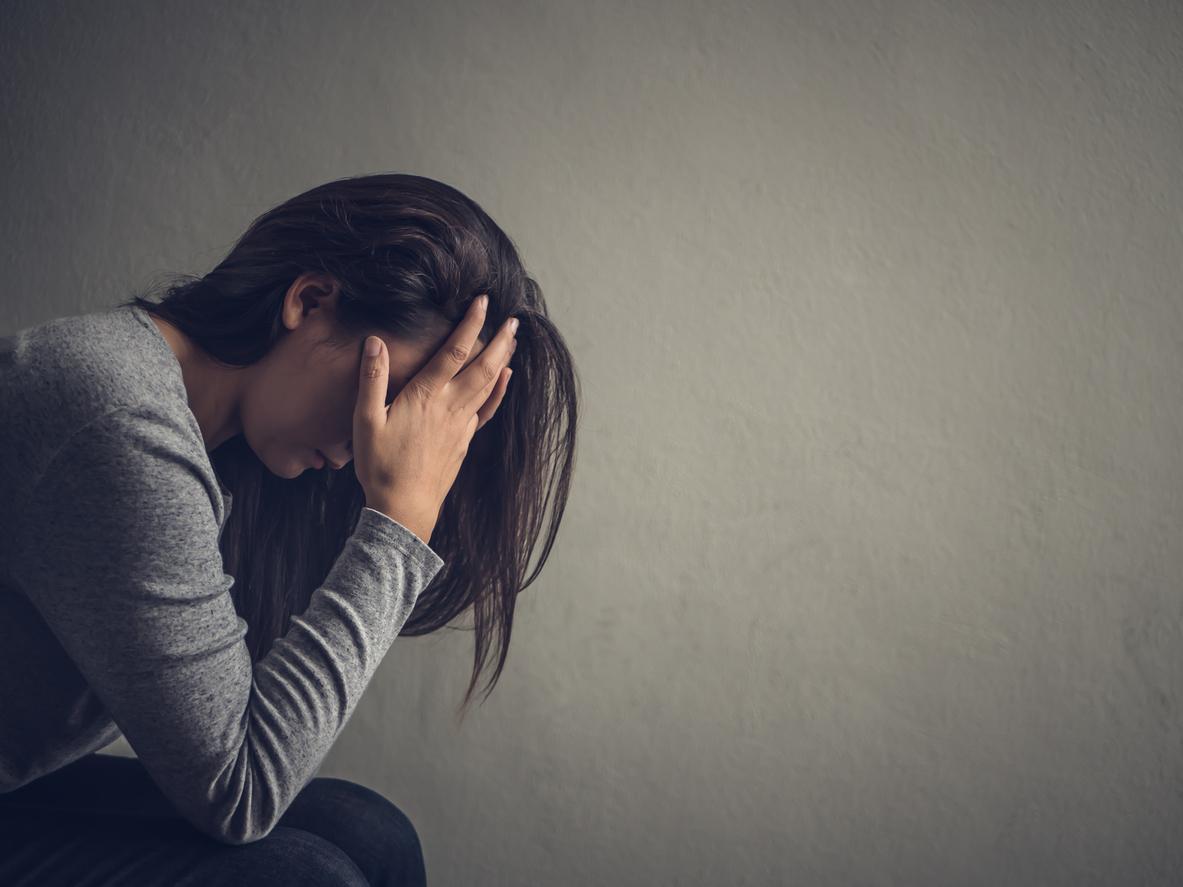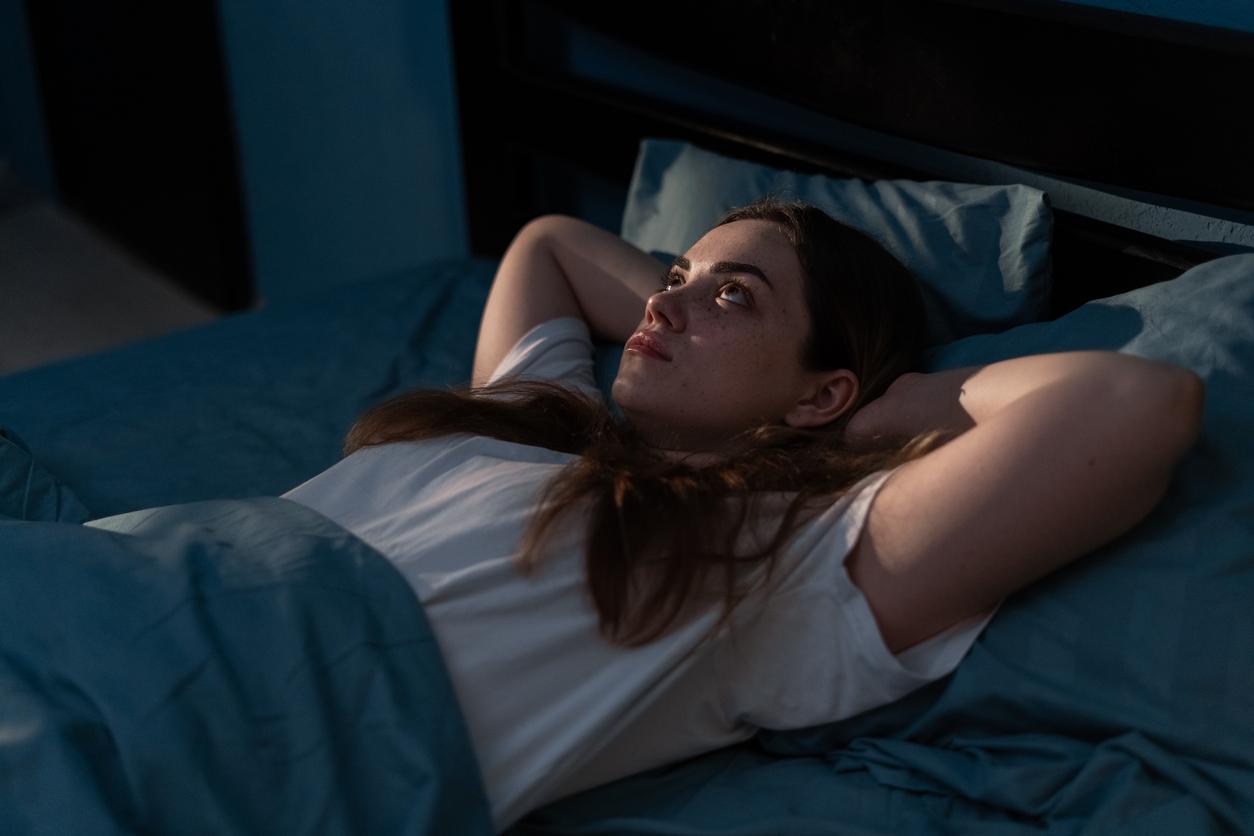A new US study sheds light on the effectiveness of timely treatments for sleep disorders in preventing suicidal ideation in insomniacs. The suicide rate is much higher between midnight and 6 am.

According to the World Health Organization (WHO), a suicide takes place somewhere in the world every 40 seconds. This is equivalent to 800,000 people who, somewhere on the planet, end their life every year.
Among those most at risk are chronic insomniacs. Unable to sleep despite being tired, they are sometimes overwhelmed with suicidal thoughts in the depths of the night. A 2014 study showed that between midnight and 6 a.m., the suicide rate was 3.6 times higher.
According to a new study called REST IT (Reducing Suicidal Ideation Through Insomnia Treatment) however, sleeping pills could play the role of preventive treatment. In an article published in The American Journal of Psychiatryresearchers from Duke University and the University of Wisconsin suggest that the prescription of hypnotics coupled with that of antidepressants would reduce the risk of suicide in people suffering from severe insomnia.
Decreased insomnia and suicidal thoughts
To reach this conclusion, the researchers recruited 103 participants between the ages of 18 and 65 with major depressive disorders, insomnia and suicidal thoughts. Among them, 30% had already made a suicide attempt. For 8 weeks, the participants took an antidepressant. Half were also prescribed zolpidem, a sedative-hypnotic at bedtime.
During the duration of the experiment, the volunteers had to complete self-reports evaluating the severity of their insomnia, the quality of their sleep, their suicidal thoughts and their depressive symptoms.
At the end of the 8 weeks, the researchers found that participants who took the sleeping pill in addition to their treatment for depression showed both immediate and long-term improvement in their insomnia. While both groups reported a significant improvement in insomnia and related suicidal thoughts, the group that received zolpidem experienced a greater reduction in suicidal thoughts.
Treatment requiring strict supervision
For the researchers, these encouraging results lay the groundwork for additional outpatient trials for patients with suicidal thoughts. However, they recognize a problem: sleeping pills are a common means of suicide and lead to the risk of addiction. It is therefore imperative to control and limit its use, especially among people with suicidal thoughts or behavior.
This is also the reason why the participants only received the hypnotic for a week, the time that their suicidal thoughts diminished. Any sleep aid using sleeping pills was also discontinued after eight weeks – a time limit not to be exceeded in terms of prescription, the researchers recommend.

.















